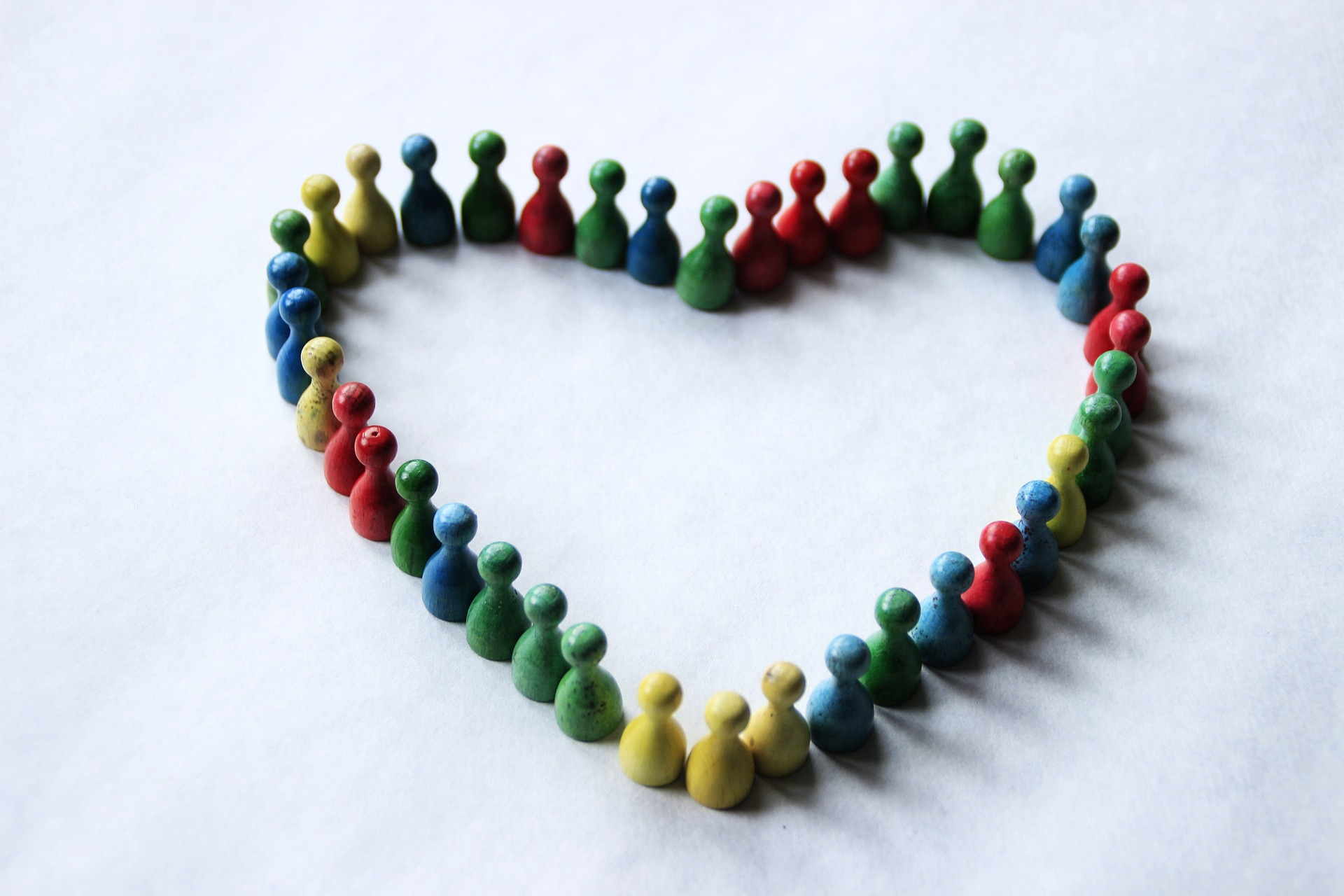The Emergence of Slow Living: A Societal Response to Fast-Paced Modern Life
The rapid pace of modern life can often leave us feeling rushed and stressed. So, how are people responding to this hectic lifestyle? They're embracing the concept of slow living. This article explores this emerging trend, its roots, and its implications on our society. Read below to understand how this practice is shaping the way we live, work, and interact.

The Roots of Slow Living
The slow living movement traces its origins to the concept of ‘Slow Food,’ which began in Italy in the 1980s as a reaction against fast food and fast life. The Slow Food movement aimed to preserve traditional and regional cuisine and promote farming that respects the environment, biodiversity, and animal welfare. As the concept gained traction, it extended beyond food, giving birth to the broader ‘slow living’ philosophy.
The Philosophy of Slow Living
Slow living is a lifestyle that emphasizes a slower approach to aspects of everyday life. It’s about seeking to do everything at the right speed—savoring the hours and minutes rather than just counting them. It’s not about doing everything at a snail’s pace, but rather seeking to do things at the right speed and cherishing quality over quantity.
Slow Living in the Face of Modern Life
In our current society, where everything is instant, the slow living movement is gaining momentum. People are beginning to reject the culture of urgency and instant gratification, opting instead for a slower, more mindful approach. They’re taking time to enjoy their meals, engage in meaningful conversations, appreciate nature, and practice mindfulness.
The Implications of Slow Living
The slow living movement has significant implications for our society. It fosters mindfulness, which has been linked to improved mental health. It also promotes sustainable practices, as slow living advocates often emphasize reducing consumption and waste. At a broader level, it can also encourage a societal shift towards valuing quality of life over material possessions and achievements.
Wrapping It Up
The rise of slow living is a testament to society’s adaptive capacity. It shows that even in the face of fast-paced modern life, individuals and communities can find ways to reclaim their time and live more fulfilling lives. It’s a powerful reminder that we have the agency to shape our own lives and the society we live in.
So the next time you find yourself rushing from one task to another, remember: it’s okay to slow down. Embrace the principles of slow living, and you might just find that you’re able to enjoy life a little bit more.




